The best Spanish and Portuguese cities for digital nomads
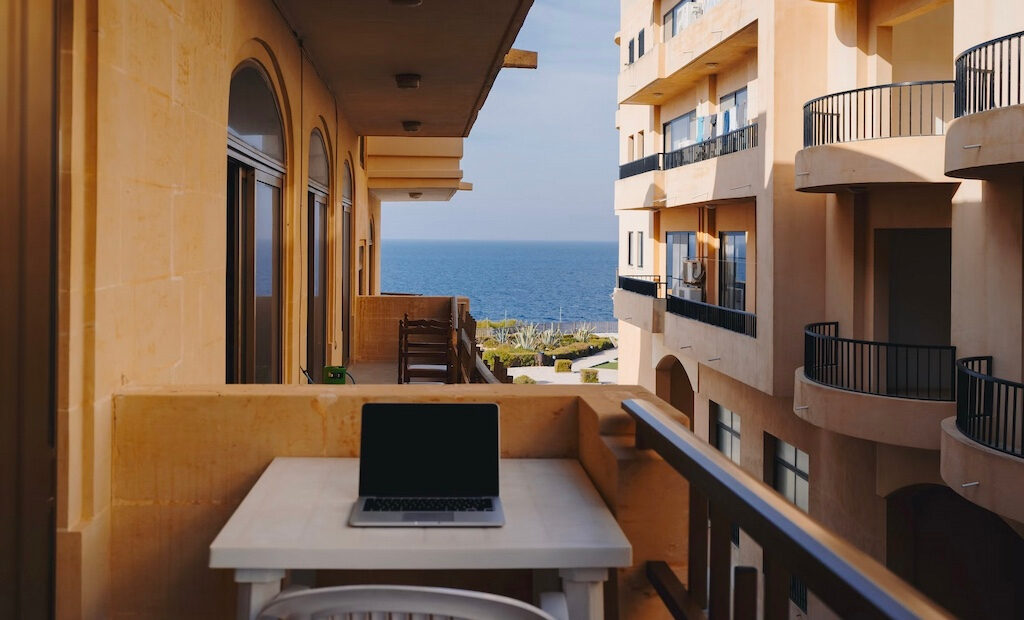
Spain and Portugal are welcoming remote workers with their new Digital Nomad Visa
More and more workers have come to appreciate the flexibility of working remotely, and many have taken the opportunity to explore new parts of the world. Governments have noticed the interest from travellers to work remotely from other countries, and a lot have implemented a special visa for digital nomads. Spain and Portugal have joined the list of 42 countries that already have special visas for remote workers in place with their Digital Nomad Visa initiative.
With sunny weather, delicious food, amazing landscapes and rich cultures, it’s not surprising that there is high demand for Digital Nomad visas for both Spain and Portugal. Who doesn’t want to spend a couple of months discovering these amazing countries without having to use all their annual leave? The only decision that’s needed is where to go!
Here’s a ranking of the best cities on the Iberian Peninsula for digital nomads. All of these come in high on the Workation Index, which ranks cities according to several factors that are important to digital nomads. It considers the monthly cost of a one-bedroom apartment, the Wi-Fi speed, the cost of after-work drinks, the average hours of sunshine and much more. In short, they are amazing destinations where one can both work hard and play hard!
The best Portuguese and Spanish cities for digital nomads
Lisbon, Portugal
Lisbon is not only the best city for digital nomads on the peninsula, it takes the top spot in the European standings as well! Whilst Portugal’s capital didn’t rank in the top ten for any of the individual categories, its culmination of relatively high scores across the board has earned it its top position – and for good reason too.
Lisbon is many things: home of the delicious pastel de nata, great cheap wine and buzzing with energy as the sounds of Fado fill the streets. The city also offers remote workers easy access to a number of beaches just outside its parameters, perfect for an early morning or late afternoon dip, with taxis costing the equivalent of just 40p per km.
Barcelona, Spain
Spain’s second biggest city takes the second spot in the Iberian and the European rankings. The city’s unique architecture from designers like Gaudi has earned it a position in the top ten cities for Instagrammability, with over 62 million photos having been posted with the hashtag #Barcelona. Gaudi’s impressive buildings such as the Sagrada Familia and Park Guell are truly worth seeing, along with the 2,737 other things to do in Barcelona rated four stars and above.
For cracking on with work, the city has the second biggest number of co-working spaces in Europe, with 136 dedicated co-working spaces. The Internet speed in Barcelona is also impressive, considering its population of over 5 million, with the city offering remote workers an average of 37Mbps. As far as places to stay go, one can rent an apartment in the centre of Barcelona and be right in the middle of the action.
Madrid, Spain
With a reputation for attracting expats from all around the world, it’s not surprising that Madrid is digital nomad paradise. The city is a treat for anyone loving culture, with many world-class museums such as the Prado among the almost 2000 top-rated things to do. And with 2,769 hours of sun per year, the city is a great destination for anyone looking to escape from grey skies.
Visitors can get work done at one of the 125 coworking spaces in the city and enjoy socialising during lunch or happy hour while enjoying some delicious tapas. During the weekends one can take advantage of Madrid location and hop on a train for a day or weekend trip to nearby cities like Toledo and Segovia, or places that are a bit further away such as Valencia and Cordoba. Madrid is the perfect homebase for any remote worker wanting to travel in Spain!
Porto, Portugal
One of Portugal’s most important and most beautiful cities is also an amazing destination for digital nomads. Porto is famous for its architecture and, of course, for its port wine. The city is very budget-friendly and offers many excellent restaurant options for vegans and vegetarians. With the average price of a meal at £5.96, visitors won’t be able to resist trying out the all the delicious local dishes of the city.
The city is especially attractive for digital nomads because of the many things to do and see: one can explore the city either on foot or by taxi, and discover stunning buildings, hidden gardens and amazing views of Porto. It’s worth taking some time after work to enjoy a drink with a view of the Douro river and soak up the atmosphere of this vibrant city.
Valencia, Spain
Next up on the list is Valencia. This city on the Costa Blanca has a nice, moderate climate with warm temperatures all year round, which makes it a great home base for any digital nomad wanting to spend some time living in Spain. The city is the birthplace of the paella and the home of the Fallas, one of the country’s most vibrant celebrations that takes place every March.
Digital nomads can easily work from anywhere in Valencia, whether that’s from a coworking space, a rented apartment or a café on the beach. Talking about beaches, almost every beach on the Costa Blanca has been awarded a Blue Flag to signal their outstanding quality and cleanliness, and they are easy to reach from Valencia by public transport or even by taxi, at only 85p per km.
Malaga, Spain
Also called the “Barcelona of the South”, Malaga offers all the perks of a large city with a small town feel. The city is a paradise for all sun lovers, with a whopping 3,364.87 average hours of sunshine per year: perfect weather to take advantage of its amazing city beaches. Add to this cheap but delicious food, beautiful monuments and affordable museums, and there’s plenty to explore and discover during a stay.
As an expat hub, Malaga is a great digital nomad destination for those looking to make connections. Newcomers can attend one of the many meetups and language exchanges to enjoy an after-work drink and network with other digital nomads. Malaga is also perfectly located to explore the Costa del Sol and the south of Spain, with excellent train connections to cities like Cordoba and Granada.
Seville, Spain
Seville is an amazing city for digital nomads who would like to save money while they live abroad. This city is the cheapest in Spain for accommodation (an average £561.28/month for a one-bedroom apartment) and food (£7.66 on average for a meal and £1.21 for a coffee). Out of the many things to do in the city, a lot of museums and other activities are free, and there are plenty of stunning outdoor spaces where one can spend the time soaking up some sun.
From the Moorish Alcazar palace to the artsy Triana neighborhood, there are endless opportunities to explore once everyone has logged off for the day. And while Seville is a landlocked city, it’s very easy to reach the famous beaches of Cadiz and Tarifa. Only an hour by bus and you’re at some of the best beaches in Spain for surfing.
Faro, Portugal
As the capital of the famous Algarve region, Faro is a great choice for digital nomads who love to relax on the beach after a hard day’s work. There are many sandy coves waiting to be discovered, all of them extremely beautiful and Instagrammable. Thanks to the 3,036 hours of sunshine per year, it’s possible to visit each and every one of them.
With the fast Internet connection that the city of Faro offers (at an average of 70 Mbps), digital nomads won’t have to worry about connectivity problems at all. On top of that, Faro is also a very cheap city for accommodation (£509.68 per month on average for a one-bedroom apartment), which will save plenty of money to spend on sightseeing and trying the delicious seafood the city is known for.
Methodology
To compile the Workation Index, a list of over 150 countries using The World’s 100 Best Cities from bestcities.org and other various sources was collated.
Then, each city was analysed on the following factors:
Work
- Remote connection: Average wi-fi Mbps per second
- Co-working spaces: Number of co-working spaces
- Caffeine: Average price of buying a coffee
- Travel: Average price of taxi per km2
- After-work drinks: Average price for two beers in a bar
Vacation
- Accommodation: Average price of one-bedroom apartment per month
- Food: Average cost of a meal at a local, mid-level restaurant
- Climate: Average number of sunshine hours
- Tourist attractions: Number of “things to do” on Tripadvisor
- Instagramability: Number of photos with the #cityname
A variety of credible sources were used to find data for each of the above categories, and then the countries were ranked from first to last based on this data. As some factors are more important than others, the scores from co-working spaces, accommodation and sunshine/climate were double weighted, whereas remote connection was triple weighted – the most important factor of all. The scores were then added together to get a total, and finally the countries were ranked based on this overall grading.
The editorial unit

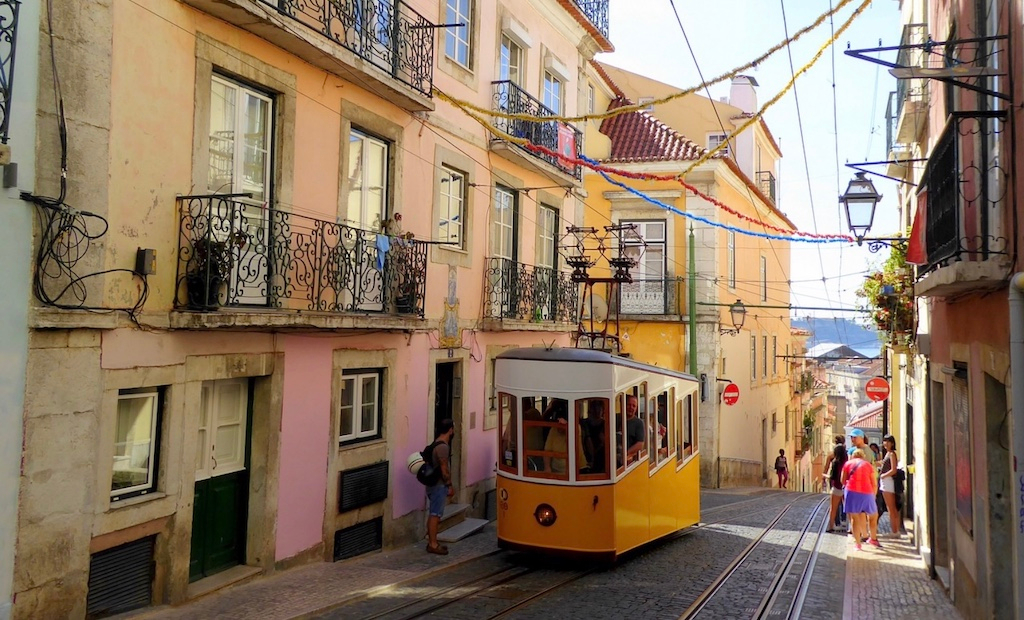
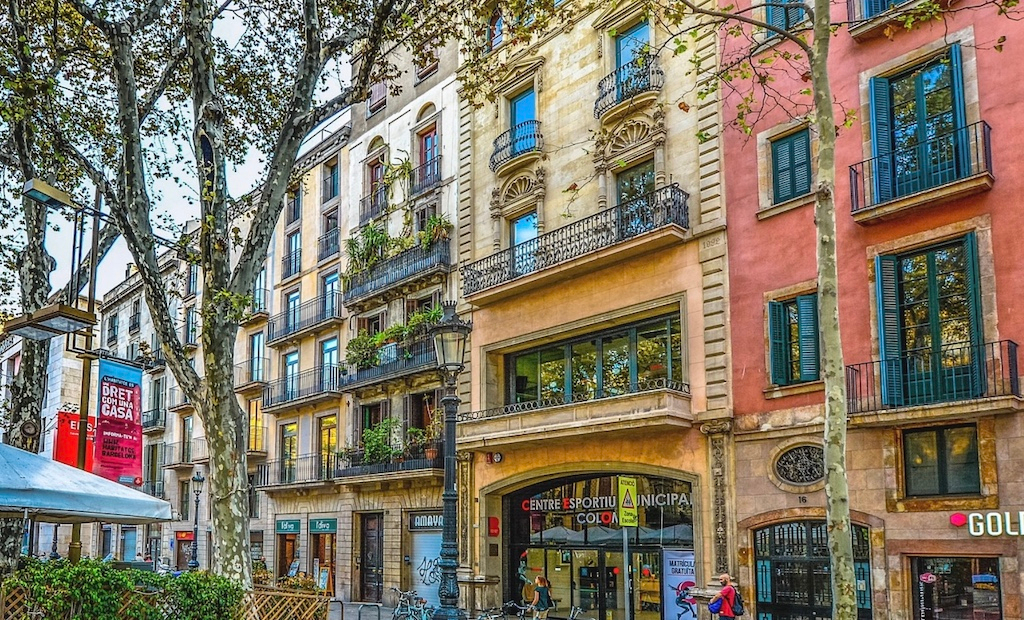
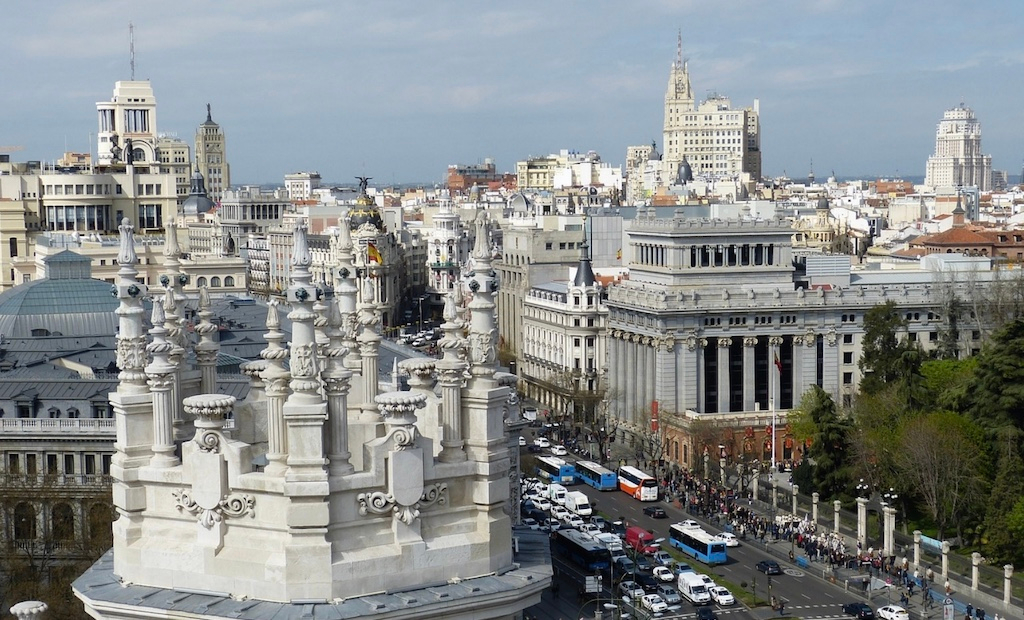
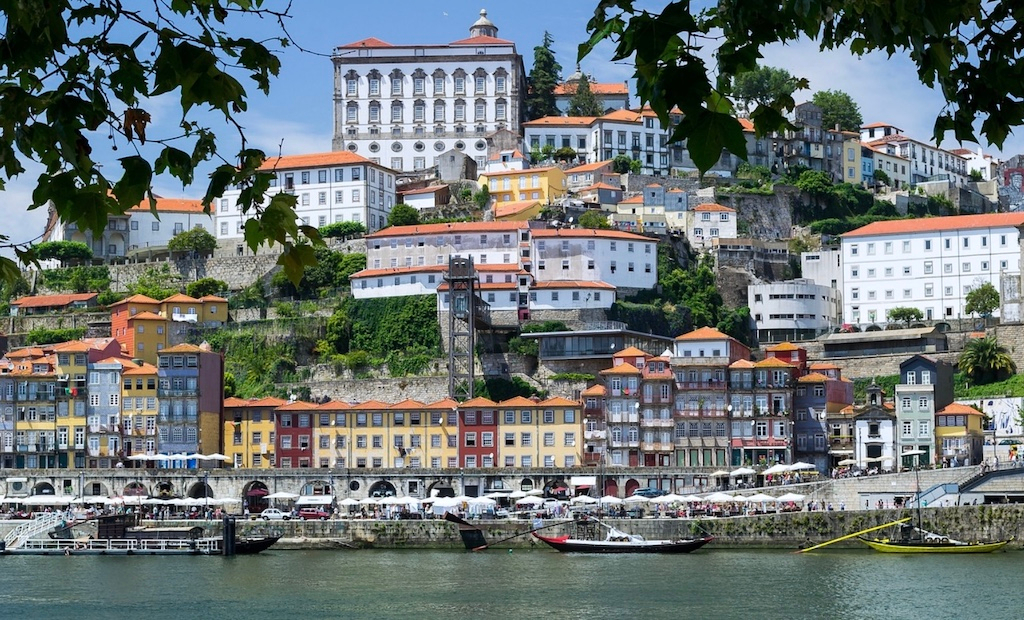





















Facebook
Twitter
Instagram
YouTube
RSS